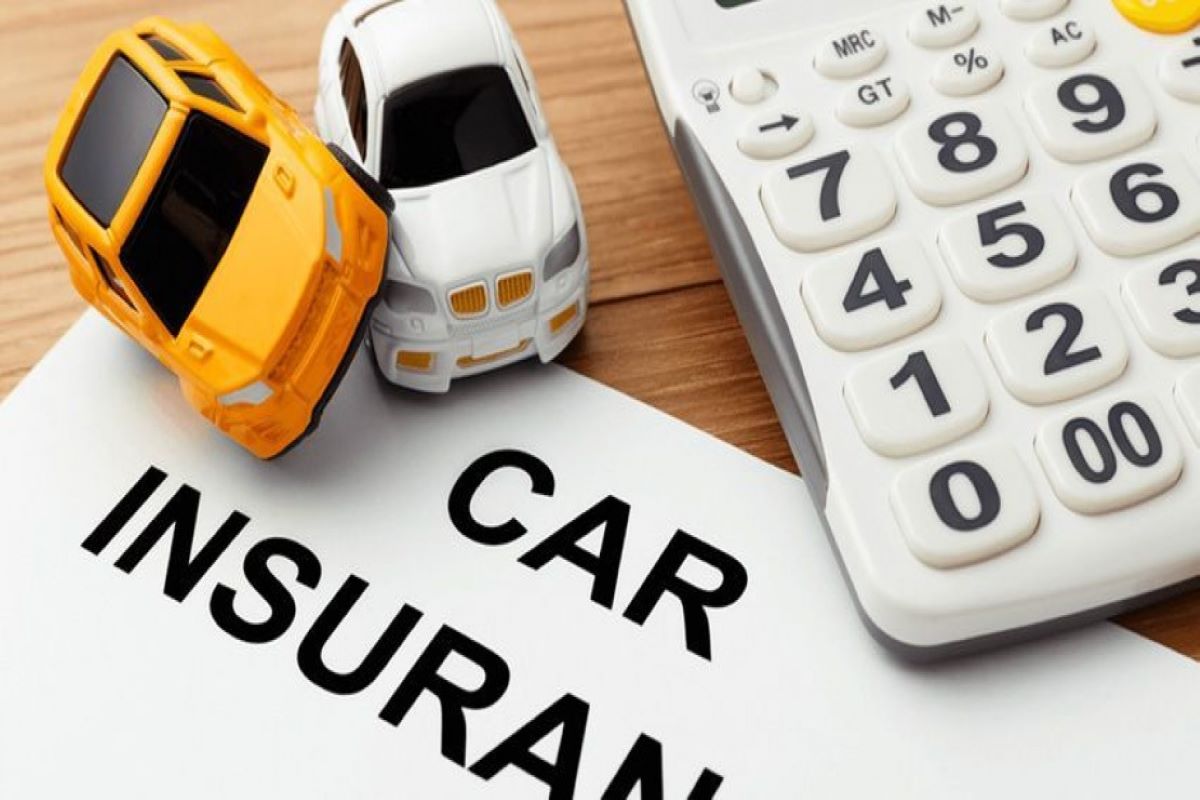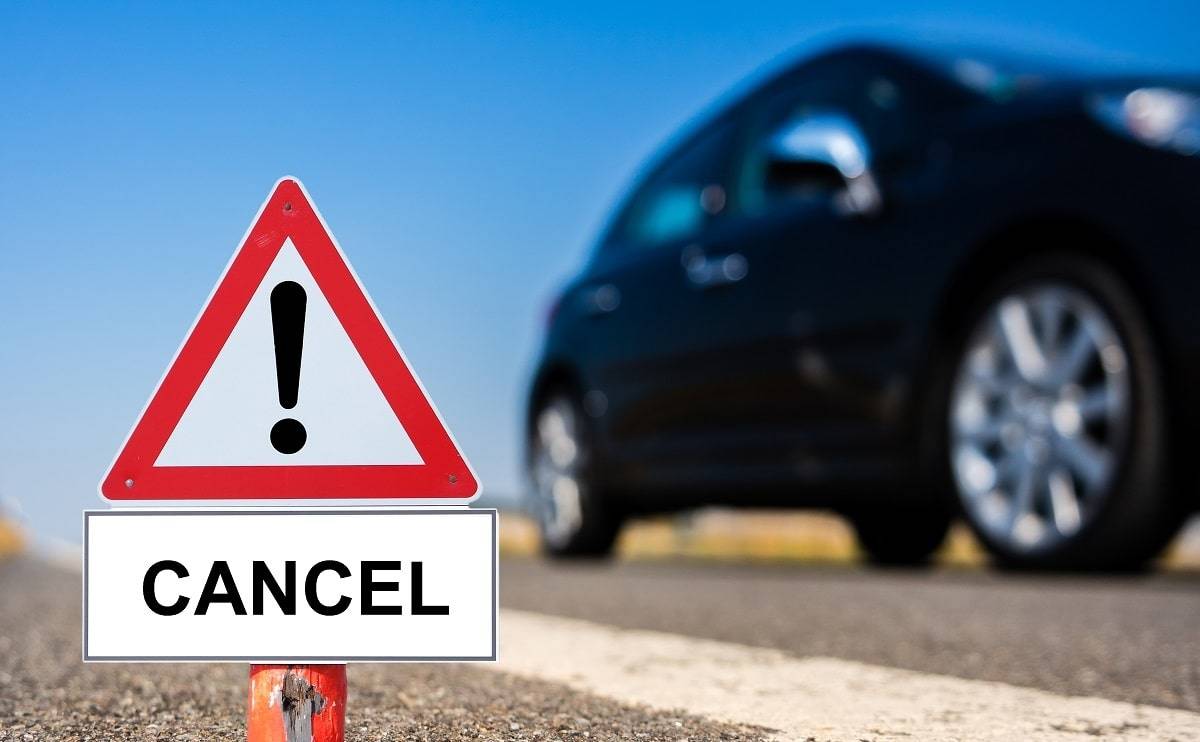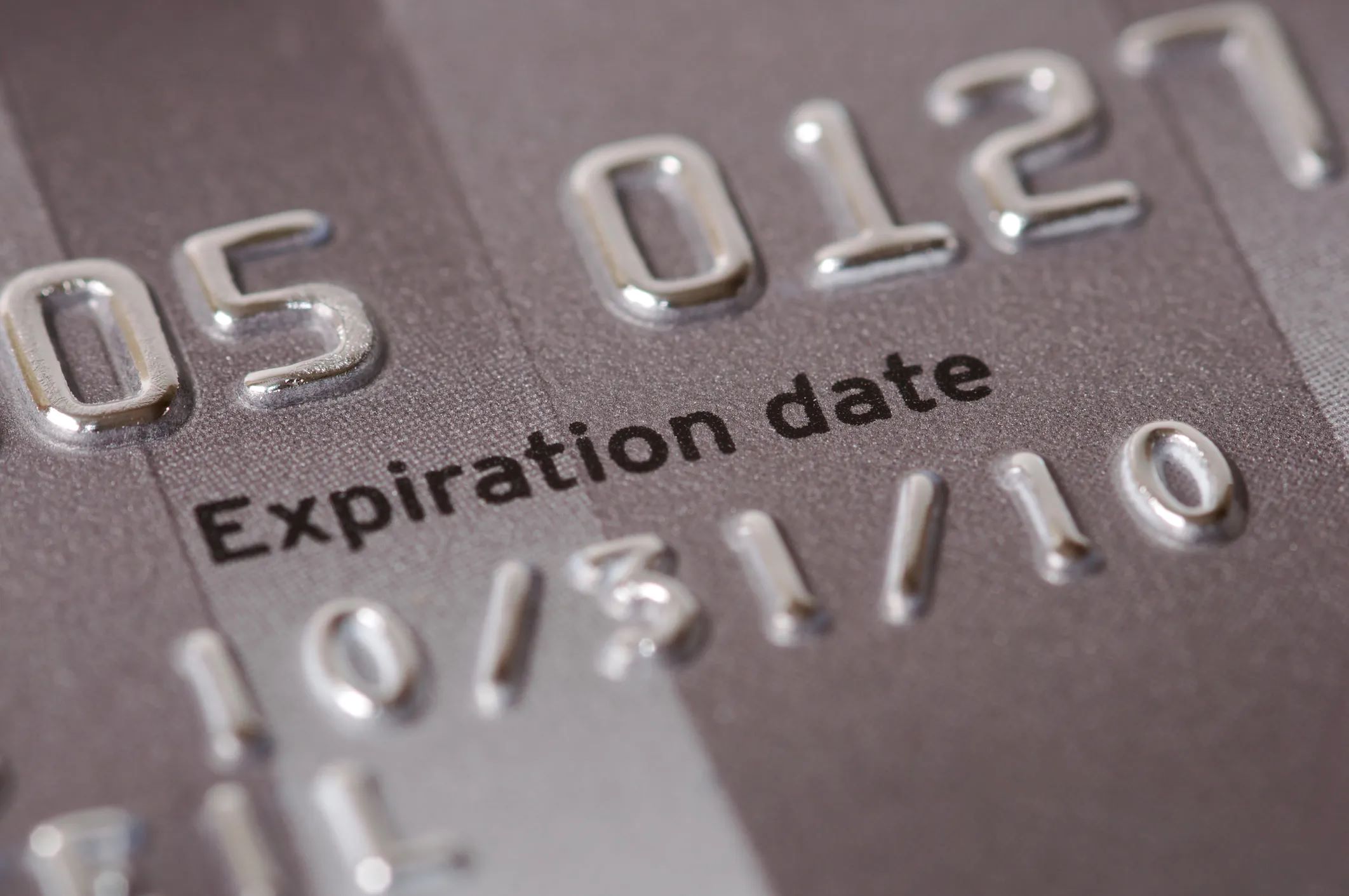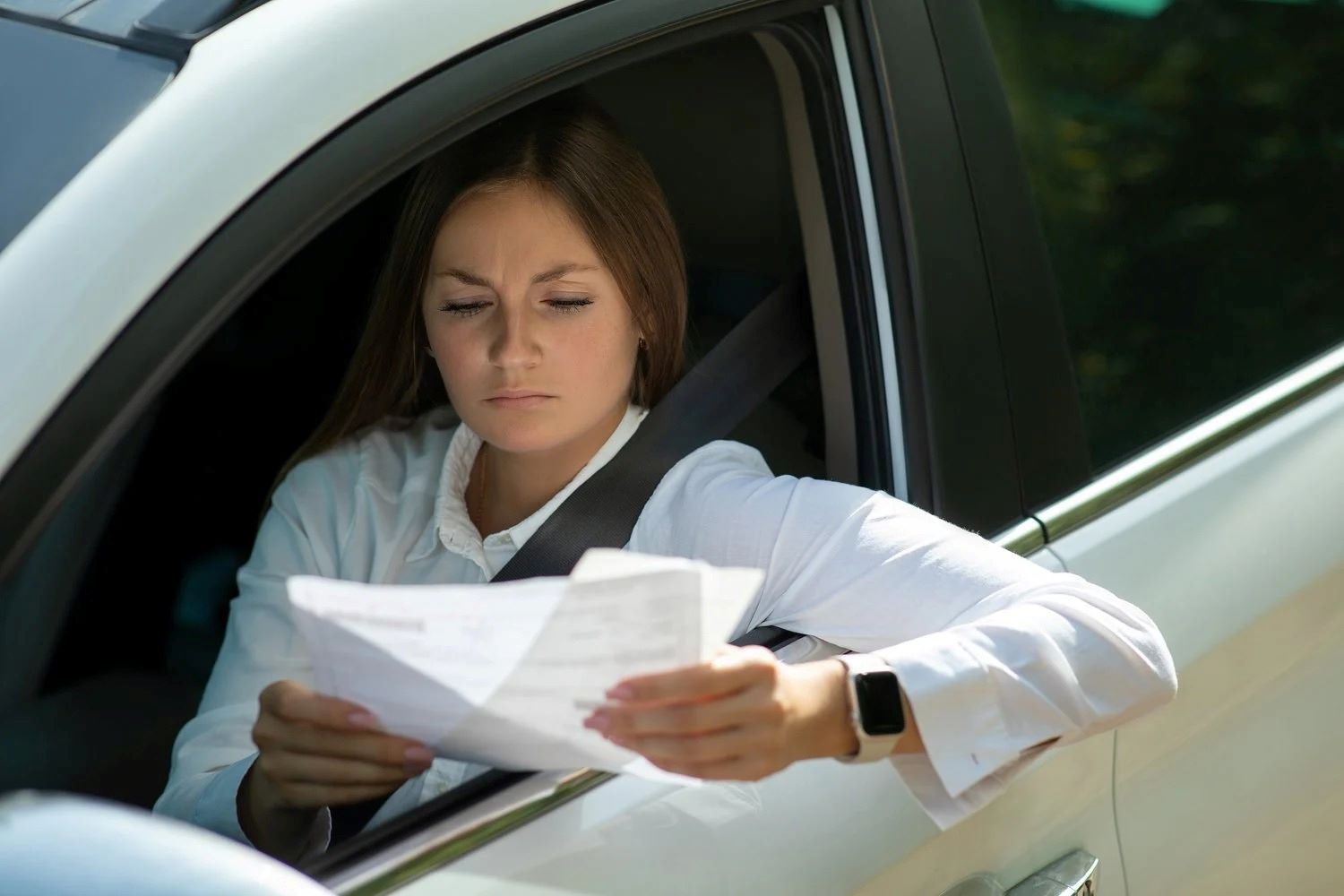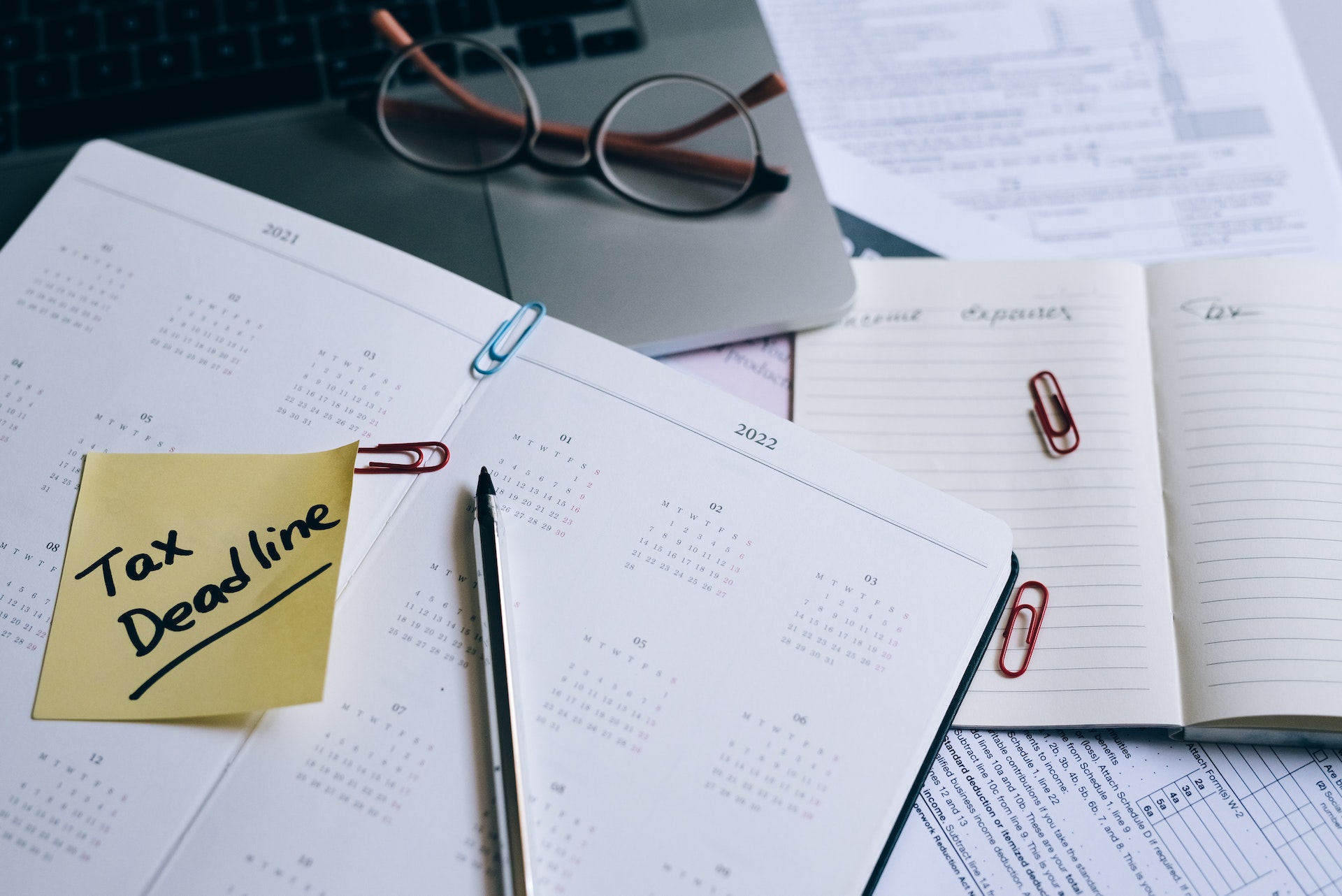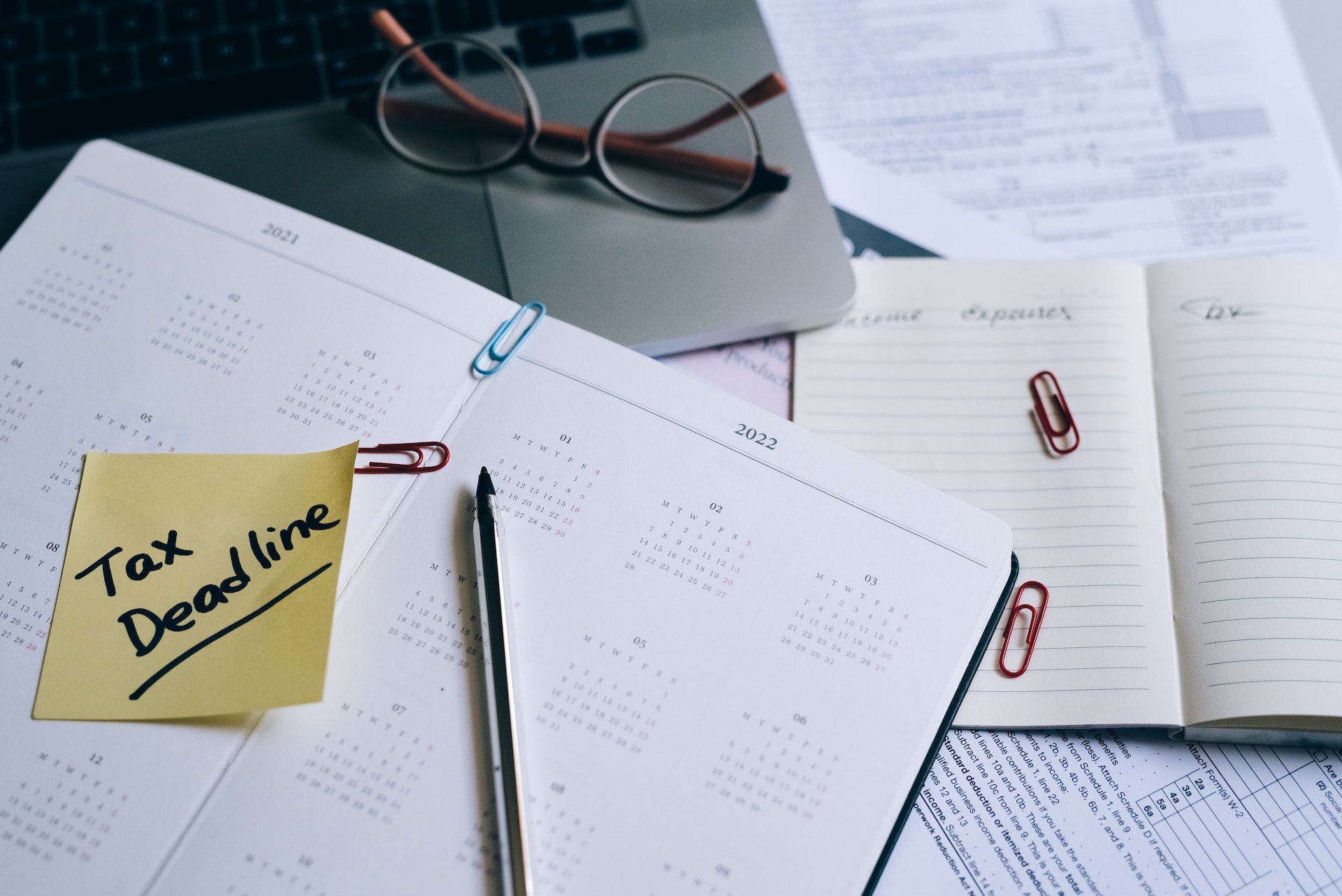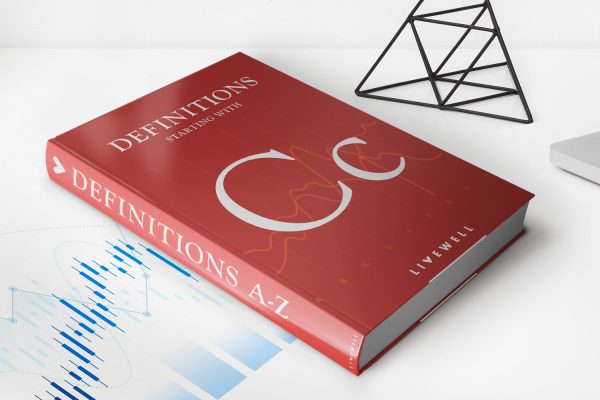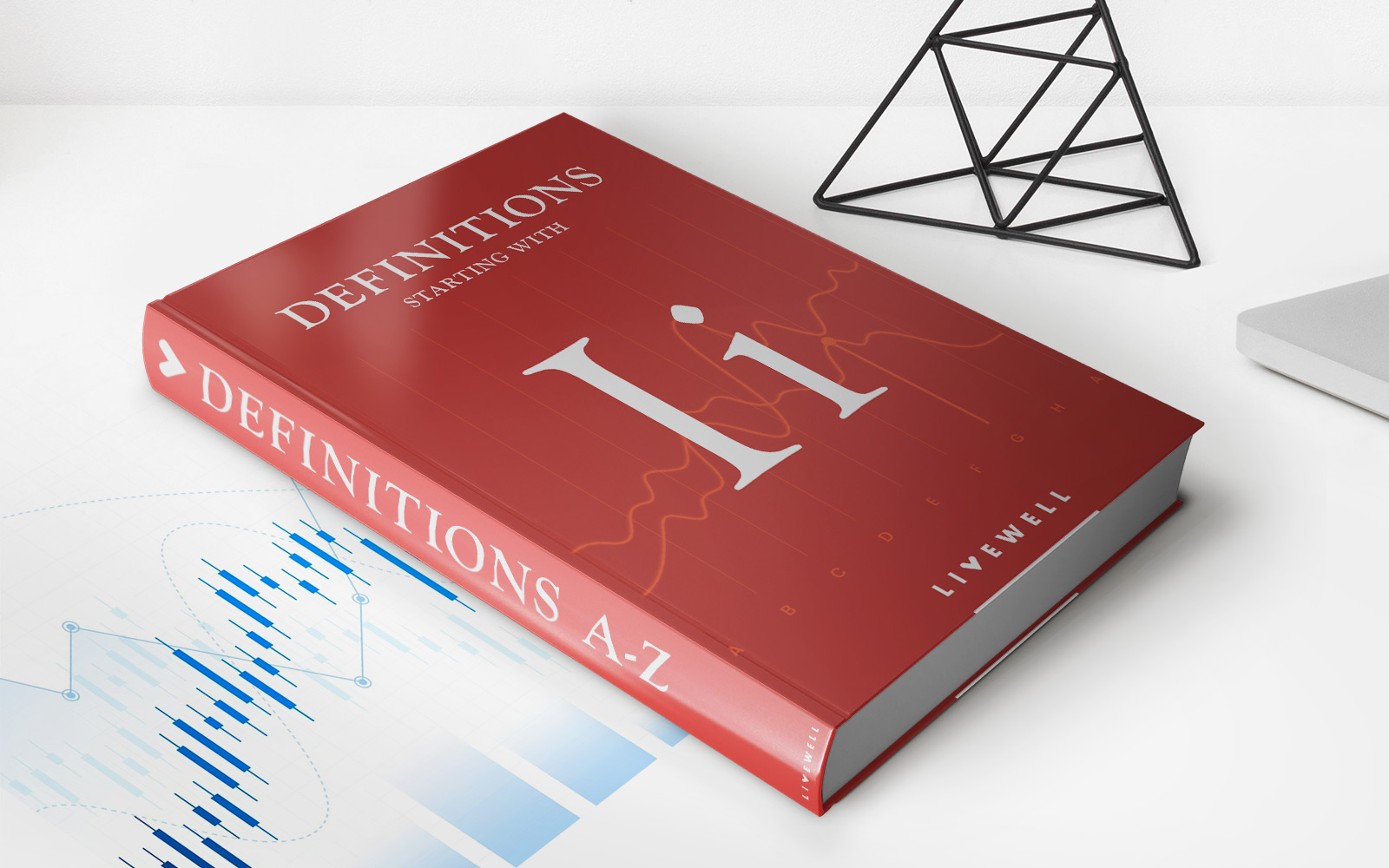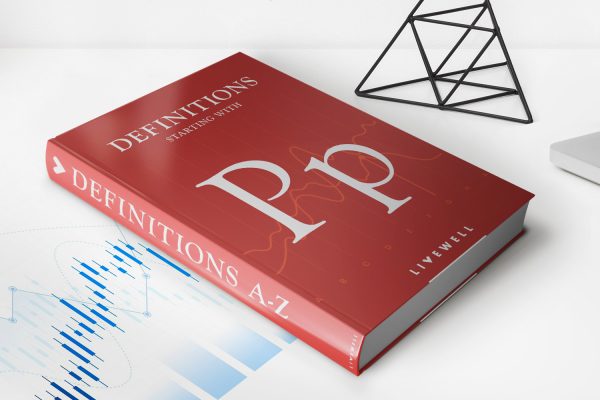

Finance
When Does My Car Insurance Expire
Published: November 13, 2023
Find out when your car insurance expires and avoid any lapse in coverage. Stay on top of your finances and ensure your insurance is up to date.
(Many of the links in this article redirect to a specific reviewed product. Your purchase of these products through affiliate links helps to generate commission for LiveWell, at no extra cost. Learn more)
Table of Contents
Introduction
Welcome to the world of car insurance! If you’re a car owner, you probably already know how important it is to have insurance coverage for your vehicle. Car insurance not only protects you financially in case of accidents, but it is also required by law in many countries. While understanding the importance of car insurance is crucial, it is equally important to be aware of when your car insurance policy expires.
In this article, we’ll delve into the ins and outs of car insurance expiration. We’ll explore how to determine the expiry date of your insurance policy, the factors that can affect the expiration date, and what to do when it’s time to renew your policy. Additionally, we’ll also cover the severe consequences of driving without insurance to emphasize the significance of maintaining up-to-date coverage for your vehicle.
So, if you’re curious to learn more about the expiration of your car insurance policy and the steps you need to take to stay financially protected on the road, you’ve come to the right place. Let’s jump right in!
Understanding Car Insurance Expiration
Car insurance expiration refers to the date when your car insurance policy comes to an end. It is vital to understand this concept as it determines the period of time for which you are covered and can file claims in case of any unforeseen incidents. Insurance companies typically offer policies for a fixed duration, which can range from six months to a year.
Once your car insurance policy reaches its expiration date, you will need to renew it to ensure continuous coverage. Failure to renew your policy in a timely manner can leave you without insurance protection and expose you to legal and financial risks.
Keep in mind that car insurance policies are not automatically renewed, and it is your responsibility as the policyholder to initiate the renewal process. Insurance providers will usually send you a notice well in advance of your policy’s expiration date, reminding you to renew. It’s important to review your coverage and explore other options before renewing your policy, as your needs and circumstances may have changed since you initially purchased the insurance.
It’s worth noting that car insurance expiration dates may not coincide with the date you purchased the policy. Insurance companies set specific expiration dates to manage policy cycles effectively. Therefore, it’s important to be aware of your policy’s expiration date and take proactive steps to renew it on time.
Now that you have a basic understanding of car insurance expiration, let’s move on to the next section and explore how to determine the expiry date of your car insurance policy.
Determining Your Car Insurance Expiry Date
To determine the expiry date of your car insurance policy, you can refer to the documentation provided by your insurance company. Most insurance providers include the policy’s start and end dates in the insurance contract or policy documents. You can find this information in the declarations page or the policy schedule.
If you cannot locate the documents or are unsure about the expiration date, don’t worry. There are several ways to obtain this information:
- Insurance Policy Documents: The first step is to check your physical or electronic copies of your insurance policy. Look for the section that mentions the policy period or term, which will specify the start and end dates of the coverage.
- Contact Your Insurance Provider: If you can’t find the policy documents or have any doubts, reach out to your insurance provider directly. You can contact their customer service or your insurance agent to inquire about your policy’s expiration date. They will be able to provide you with the necessary information.
- Online Account: If you have created an online account with your insurance company, log in to your account and navigate to the policy details section. You should be able to view the policy’s effective dates, including the expiration date.
Once you have determined the expiry date of your car insurance policy, it is important to mark it on your calendar or set a reminder. This will serve as a proactive reminder to initiate the renewal process well in advance of the expiration date to avoid any lapses in coverage.
Next, let’s explore the factors that can affect your car insurance expiration date.
Factors Affecting Car Insurance Expiration
While the expiration of your car insurance policy is primarily determined by the policy term set by the insurance company, there are several factors that can influence this date. Understanding these factors can help you navigate the renewal process and make informed decisions regarding your car insurance coverage. Here are some key factors that can affect your car insurance expiration:
- Policy Duration: The duration of your car insurance policy plays a significant role in determining the expiration date. Insurance companies offer policies for fixed terms, such as six months or one year. It’s important to review your policy documents to be aware of the specific duration.
- Renewal Terms: Some insurance policies may offer automatic renewal options, where your policy will renew for another term if you don’t take any action. However, it’s crucial to review the renewal terms and conditions to ensure that they align with your needs and preferences.
- Insurance Provider Guidelines: Each insurance company may have its guidelines and policies regarding policy expiration and renewal. Familiarize yourself with your insurance provider’s guidelines to understand any specific requirements or procedures you need to follow.
- Payment Terms: Failure to make timely premium payments can result in the cancellation of your policy. If your insurance provider does not receive your payment by the due date, they may choose to terminate your coverage, leading to an early expiration.
- Changes in Risk Factors: Certain changes in your circumstances, such as moving to a different location or purchasing a new vehicle, can impact your insurance coverage. Your insurance provider may require adjustments to your policy, which could affect the expiration date.
It’s essential to stay informed about these factors and review your policy details regularly. By doing so, you can plan ahead and avoid any gaps in coverage that may arise due to policy expiration.
Now that we’ve explored the factors that can influence car insurance expiration, let’s move on to the next section and discuss the process of renewing your car insurance policy.
Renewing Your Car Insurance Policy
Renewing your car insurance policy is a crucial step to ensure continuous coverage and financial protection for your vehicle. It’s important to start the renewal process well in advance of your policy’s expiration date to avoid any lapses in coverage. Here are the steps to renew your car insurance policy:
- Review Your Coverage: Before renewing your policy, take the time to review your current coverage. Assess your insurance needs and consider any changes in your circumstances that may require adjustments to your policy. Evaluate if the current coverage still meets your requirements or if you need to add or remove any additional coverage options.
- Compare Quotes: It’s always a good idea to shop around and compare quotes from different insurance providers. Request quotes from multiple companies to ensure you’re getting the best coverage at a competitive price. Consider factors such as premium costs, deductibles, coverage limits, and any discounts or benefits that may apply.
- Contact Your Insurance Provider: Once you’ve decided whether to stick with your current insurance provider or switch to a new one, it’s time to contact your insurance company. Reach out to their customer service or your insurance agent to initiate the renewal process. They will guide you through the necessary steps and provide you with the required documentation.
- Provide Updated Information: During the renewal process, you may need to provide updated information about your vehicle, driving history, and personal details. Make sure to provide accurate and up-to-date information to ensure your policy reflects the most current information.
- Review Renewal Terms: When you receive your renewal offer from your insurance provider, take the time to review the terms and conditions. Carefully read through the policy details, including coverage limits, exclusions, and any changes made to the policy terms. If you have any questions or concerns, don’t hesitate to reach out to your insurance provider for clarification.
- Make Payment: Once you are satisfied with the renewal terms, it’s time to make the payment for the renewed policy. Follow the instructions provided by your insurance provider to complete the payment process. Ensure that your payment is made before the expiration date to avoid any gaps in coverage.
- Receive Confirmation: After completing the renewal process and making the payment, you will receive confirmation of the renewed policy. Keep a copy of the confirmation and store it in a safe place for future reference. It’s also a good idea to update your vehicle’s insurance information, such as the policy number and insurance provider, with the relevant authorities if required.
By following these steps and staying proactive with your car insurance renewal, you can maintain continuous coverage and drive with peace of mind.
Next, let’s explore the severe consequences of driving without insurance.
Consequences of Driving Without Insurance
Driving without insurance is illegal and can have severe consequences. It is important to understand the potential ramifications of driving without insurance to protect yourself financially and legally. Here are some of the consequences you may face if caught driving without insurance:
- Legal Penalties: Driving without insurance is considered a serious offense in most jurisdictions. If caught, you may face hefty fines, license suspension, or even imprisonment, depending on the laws of your country or state. These penalties can vary, but they are designed to discourage individuals from driving without the necessary coverage.
- Financial Liability: One of the main purposes of car insurance is to protect you financially in case of accidents or damage to your vehicle. If you are involved in an accident while driving without insurance, you may be held personally responsible for all the damages, injuries, and medical expenses. This can quickly escalate and put a significant burden on your finances.
- Limited Legal Rights: Without insurance, you may be limited in your legal rights if you are involved in an accident. Insurance policies often include provisions that provide legal representation and assistance. Without insurance, you may have to bear the legal costs and navigate the legal process alone.
- Difficulty Obtaining Insurance in the Future: Driving without insurance can impact your ability to obtain insurance in the future. Insurance companies consider individuals without prior coverage as high-risk, which can result in higher premium costs or difficulty in finding an insurance provider willing to insure you.
- No Coverage for Uninsured Motorist Incidents: Car insurance policies often include coverage for uninsured or underinsured motorists. This protection ensures that you are financially covered in case you are involved in an accident with a driver who lacks insurance or has insufficient coverage. However, if you are driving without insurance, you forfeit the benefits of this coverage, leaving you vulnerable in such situations.
It’s important to note that driving without insurance not only puts you at risk but also endangers other road users. Accidents can happen at any time, and having insurance provides a safety net to protect both you and others involved.
To avoid the consequences of driving without insurance, make sure to maintain valid and up-to-date coverage for your vehicle. Stay responsible and proactive in renewing your policy before it expires.
Now that you understand the consequences of driving without insurance, it’s time to address some frequently asked questions about car insurance expiration.
Frequently Asked Questions
Here are some common questions that arise regarding car insurance expiration:
- What happens if my car insurance expires?
- Can I drive my car if my insurance has expired?
- How can I renew my car insurance policy?
- What if I want to switch insurance providers?
- What happens if I miss the renewal deadline?
- Can I renew my policy if I have had claims?
If your car insurance policy expires, you will no longer have coverage in case of accidents or damages. It is illegal to drive without insurance in most jurisdictions, so it’s crucial to renew your policy before it expires to avoid any legal and financial consequences.
No, it is illegal to drive a vehicle without valid insurance. Driving without insurance can lead to legal penalties, including fines, license suspension, and even imprisonment. It’s important to renew your policy before it expires to ensure continuous coverage.
To renew your car insurance policy, contact your insurance provider or agent. Review your coverage, compare quotes from other insurance companies if desired, provide any necessary updated information, and make the payment before the expiration date. Your insurance provider will guide you through the renewal process.
If you want to switch insurance providers, it’s important to start the process in advance. Compare quotes from different companies, review the terms and coverage options, and inform your current insurer about your decision. Make sure to time the switch correctly to avoid any gaps in coverage.
If you miss the renewal deadline and your policy expires, you will have a gap in coverage. Driving without insurance is illegal and can result in penalties, financial liability, and limited legal rights in case of accidents. It’s crucial to stay proactive and renew your policy before it expires.
Yes, in most cases, you can still renew your policy even if you have had previous claims. However, depending on the nature and severity of the claims, your insurance provider may adjust your premium or coverage terms accordingly. It’s important to disclose your claims history accurately when renewing your policy.
If you have any specific questions or concerns about car insurance expiration, it is best to reach out to your insurance provider directly. They will be able to provide you with accurate and personalized information based on your policy and circumstances.
Now, let’s wrap up this article.
Conclusion
Understanding car insurance expiration is essential for every car owner. It not only protects your financial well-being but also ensures compliance with the law. By determining the expiry date of your car insurance policy, considering the factors that can affect it, and taking proactive steps to renew your coverage, you can enjoy uninterrupted protection while driving on the road.
Driving without insurance exposes you to severe consequences, including legal penalties and financial liabilities. It is vital to maintain continuous coverage to protect yourself and others in case of accidents or damages. Renewing your car insurance policy involves reviewing your coverage, comparing quotes, and providing updated information and payment to your insurance provider.
If your car insurance policy is set to expire, take action and renew it promptly. Keep in mind that every insurance provider has its guidelines and renewal process, so familiarize yourself with the specific requirements and policies of your insurance company.
Lastly, never underestimate the value of car insurance. It not only provides financial protection but also peace of mind. Prioritize your responsibility as a driver by maintaining up-to-date insurance coverage.
If you have any further questions or concerns about car insurance expiration, it is best to reach out to your insurance provider. They will be able to provide you with personalized advice and address any specific queries you may have.
Remember, car insurance is not just a legal requirement; it is a safeguard for you, your vehicle, and others on the road.

